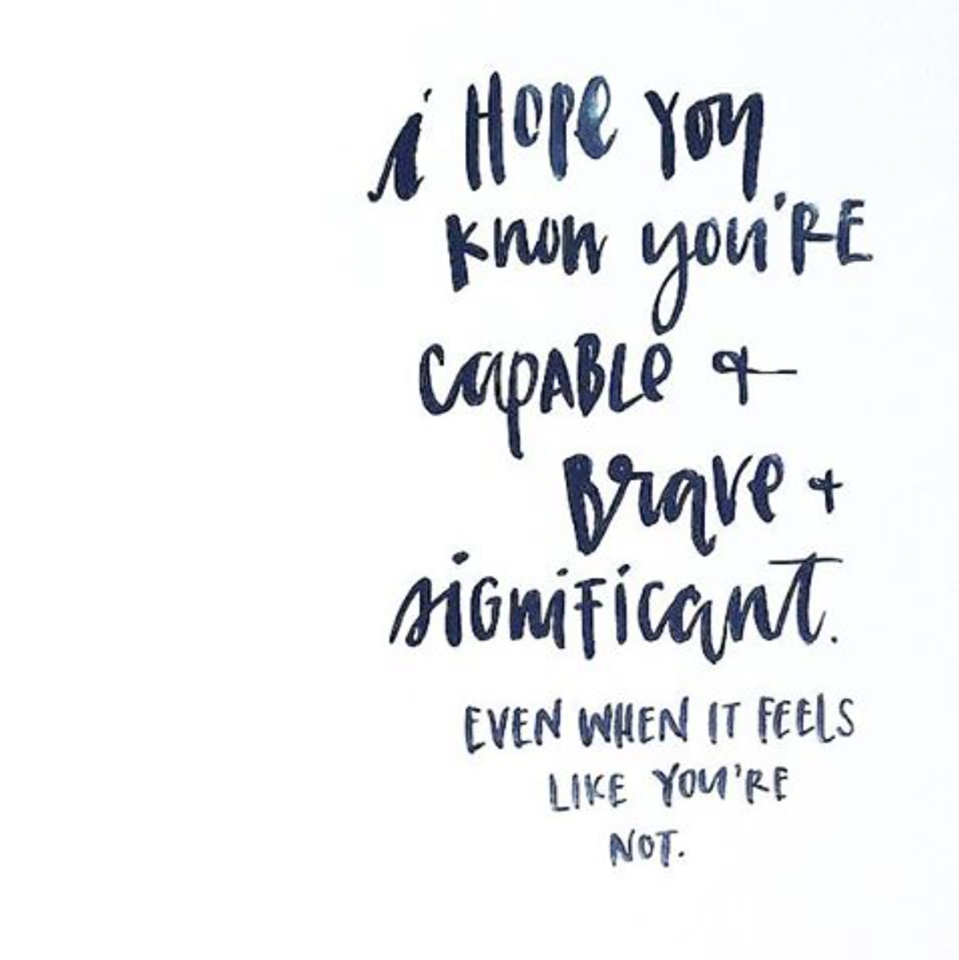
I was a binge-eater pretty much from the time I came out of the womb. Born into a family with an abusive father and a passive, afraid mother, I ate to find comfort. Eating put me in a physical and emotional stupor that allowed me to tune out the pain of home. It also led to early obesity. By the time I was 10, I weighed close to 100 lbs.
Even after I left home, the binge eating stayed. It had become a deeply imbedded part of me. My feelings of lack of worth and shame were tied to my body and to food, creating a big, messy psychological pattern. It took concentrated effort to find the self-love I needed to realize that I could overcome my eating disorder. And I did – I released 100 lbs. for good – in the year after my 24th birthday, and I’ve kept it off for 28 plus years.
I clearly knew firsthand that binge eating was a psychological disorder. So I was surprised to hear that binge eating was added to the Diagnostic and Statistic Manual of Mental Disorders just a few years ago. As the New York Times pointed out in a 2013 blog post, part of what may have kept this change from coming sooner is that binge eaters don’t “look” like they have a problem.
Unlike the thinness associated with other eating disorders, binge eaters are more likely to be overweight. The assumption for a long time was extra weight was one’s own “fault.” For example, because they have a history of obesity, half of teenagers with eating disorders don’t get help because caregivers can’t look beyond their weight.
It’s time for this to change.
 Having binge eating recognized as an illness is a huge step; for one, it means getting professional help with be easier. It also means, according to the Times blog, that the stigma binge eaters face may begin to soften. As the general public’s eyes are opened to the complicated issues behind obesity, “fatism” – our cultural discrimination against the overweight – could become recognized as an unfair bias.
Having binge eating recognized as an illness is a huge step; for one, it means getting professional help with be easier. It also means, according to the Times blog, that the stigma binge eaters face may begin to soften. As the general public’s eyes are opened to the complicated issues behind obesity, “fatism” – our cultural discrimination against the overweight – could become recognized as an unfair bias.
This whole thing got me thinking more broadly about how we judge based on appearances. When I was obese, I was constantly told that if I just needed some will power and everything would be fine. It couldn’t have been farther from the truth – what I needed was serious work on my self-esteem.
Not only can eating disorders look different, but other illnesses can too. A serious depressive may have a smile on his face. A cancer patient may not lose her hair. A person with Parkinson’s may be able to hide his symptoms. Just because suffering isn’t visible on the surface doesn’t mean it’s not hiding inside. Those living with invisible pain need our care, love, and support.
Was there a time you were judged wrongly or misread someone else’s issues?
Even though no one should be judged on the outside, so many of us are overeating and using food for therapy rather than as medicine. I teach another way to be with food without the guilt and shame and pain.
Please join me for my Master Class called, How To Easily Lose 20 Pounds… Even If Nothing Else Has Worked! on Wednesday June 8th at 5pm PST – 8pm EST
Sign up for free at laurafenamore.com/master-class
Please feel free to comment and share below.







